Malaysian football’s obsession with winning gold at the SEA Games later this year (and indeed at every SEA Games) is a huge impediment to what is surely the real target for the sport – that of ensuring that a FIFA ranking of 167 is a nadir, rather than a regular occurrence.
Time after time over the last 15-years whilst observing football in South east Asia, I have seen a desire for success at Junior International football level repeatedly given priority over senior level professional football. Surely that is the wrong way?
HARIMAU MUDA FOCUS – Judged to be unsuccessful
A desperate situation in Malaysia around 2007 saw the start of the Harimau Muda project with a team of young players being parachuted into first the Malaysian League structure, then into the Singapore S.League, followed by seasons in Slovakia and then Australia’s state league structure. It initially helped produce a SEA Games victory in 2009 and an ASEAN Championship a year later, but ultimately did not result in an ever-improving generation of talented footballers. Indeed, Malaysia’s FIFA rankings have plummeted to new depths.
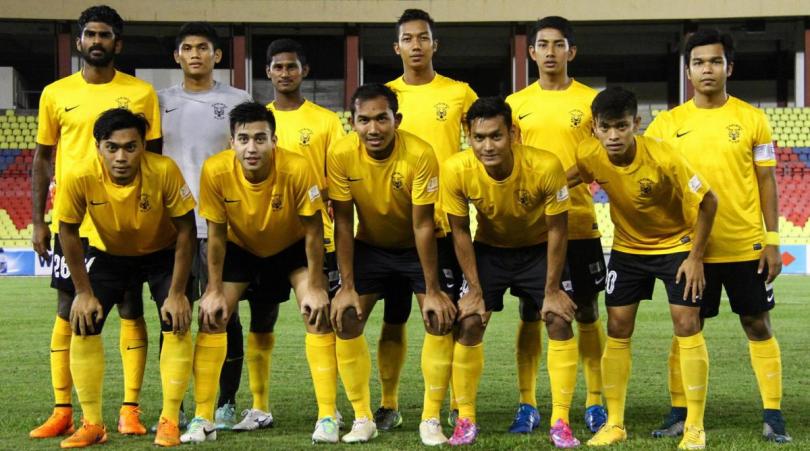
The Harimau Muda (as they were known) experiment – for all their exposure and the undoubted good work done by the coaching staff – didn’t help elevate Malaysia to a new level of competence. Nazirul Naim and Irfan Fazail were the stand-out players in recent under-23 teams. Lebanon’s Rabih Ataya in an Asian Cup qualifier recently roasted Nazirul, whilst Irfan has had injury woes and slipped off the international radar completely. Essentially, you cannot accurately predict that a good young player will become a top senior.
When the Harimau Muda project was dropped, I hoped that it meant that the focus on age-restricted teams would lessen and that senior football would receive critical attention. But witness the hullabaloo surrounding the non/late appearance for attendance of many of Malaysia Under 23’s football squad for a training camp ahead of this month’s AFC under-23 qualification tournament in Bangkok (and also the most likely participants for Malaysia’s SEA Games team) and it’s clear that junior international football – to many – is seen as more important than senior professional football.
UNDER-23 TEAM – A development squad and no more
To me, the under 23’s are a junior team which, in the bigger picture, are a snap-shot of how the future might look for the all-important National Team. The under-23’s are, or should be seen as, a development team and nothing more.
For the under-23’s coaching team, it is a huge impediment that they can’t get access to players for as long as they’d like as their jobs and reputations that are on the line. But the general hoo-ha about it strikes me as an incredibly ‘cart-before-horse’ reaction. At a time when the league and Malaysia Cup are in full-swing, players are being asked to be away from the clubs who pay their wages for a two-week camp, plus a one-week tournament for what is, after all, a junior representative team.
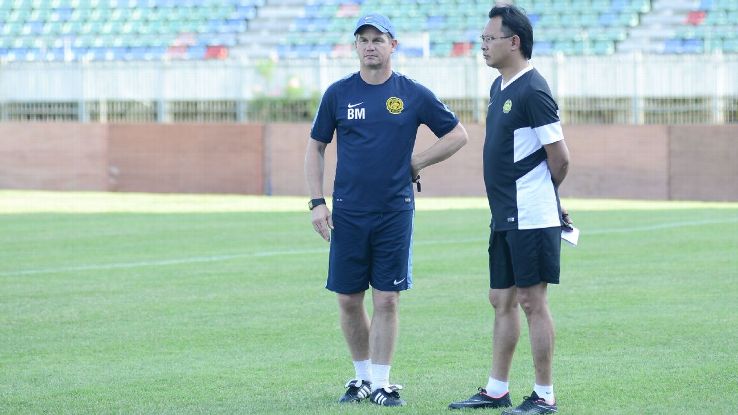
It has always seemed slightly bizarre to this outside observer that such emphasis is placed on junior teams (which is what the under 23’s are). A junior event, simply, should not be interfering with, and absolutely not taking precedence over, senior activities – which is what the Malaysia Super League and Malaysia Cup are. It is putting the cart before the horse.
It would be nice – and a fillip – if Malaysia could do well in one, or both tournaments, but the under 23’s are not the National Team. They are a junior team. This is not a club vs. country issue; it is a senior vs. junior issue in which the senior team should, logically, get precedence every single time. In Malaysia (and Singapore) they don’t.
HOW SEPARATION FROM SENIOR FOOTBALL CAUSES PROBLEMS
In my early years in South East Asia, I worked in a part-time capacity on the Coaching staff at Geylang United in Singapore. Geylang – coached by ex Kuala Lumpur centre back Scott O’Donell – had a reputation for unearthing, developing and giving game time to young players. In the team, I worked with current Singapore International Goalkeeper Hassan Sunny, former Johor centre back Baihakki Khaizan and a young winger called Jamil Ali – all of whom were teenagers who regularly played in a team that finished second to Steve Darby’s Home United. All three massively benefitted from working with some experienced internationals such as Hasrin Jailaini and Lim Tong Hai, and working alongside four excellent foreigners including Alex Duric, Brendan Santalab (currently with Western Sydney Wanderers) and now-broadcaster, PJ Roberts.
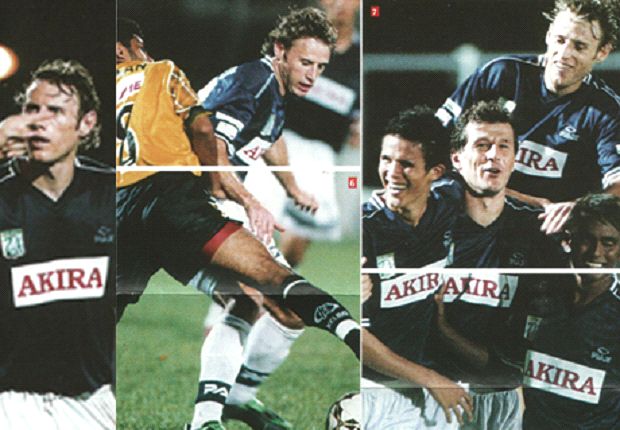
At the end of that 2003 season, Singapore introduced a Harimau Muda equivalent called ‘The Young Lions’. Hassan, Bai and Jamil Ali were taken from Geylang who, deprived of three very important players, slipped to seventh in that season. O’Donell – a respected young coach – was sacked, and Geylang have never recovered their previous lofty position. Young Lions had a couple of strong years with a third place finish in 2004 and 2006 as many of their players had, like Hassan and Bai, been recruited from club teams and had a strong grounding. Since 2007, when Young Lions started taking players from their own development teams rather than from clubs, the team has never finished higher than 9th in a 12-team league.
A strong Geylang had been good for club football in Singapore. As they weakened, so did the league. Taking the young players away from the clubs meant that once the ‘experienced’ Young Lions players moved on, they subsequently struggled to compete and were regularly bottom of the table. Worse, having a ‘junior team’ in the S League has discredited it. Singapore, to this day, persists with an experiment when it is clearly failing. The Singapore National Team – like Malaysia – is close to its lowest ever FIFA ranking.
Prioritising youth over serious senior professional football has not worked in Singapore, and it did not work in Malaysia. To prioritise SEA Games success for an age-restricted junior team ahead of developing a strong senior professional league is simply not a recipe designed to produce a happy outcome.
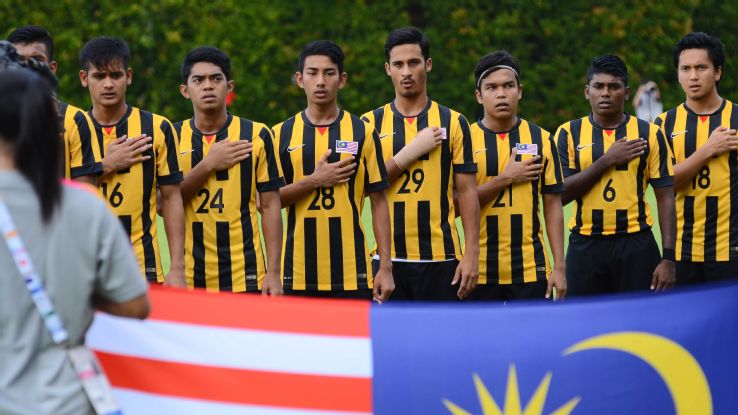
JUNIOR NATIONAL TEAMS – AT OTHER PEOPLE’S EXPENSE
Additionally – and importantly – the paymasters of, for example, Adam Nor Azlin at Selangor, Arif Farhan Isa and Amirul Hisyam at Kedah, do not have their best interests served by losing players for a long period of time – especially at such a crucial time in the season. If it’s a senior international event and a gap exists in the league calendar, then a longish camp is understandable. But we’re talking about junior events.
It’s also a valid argument that a defender such as Arif Farhan benefits far more from training alongside team-mate, Zac Anderson, than he does at any under-23 camp. Arif will learn far more facing Sandro in training each day, than he will in facing an under-23 team-mate, or even another under-23 team. Certainly Safawi Rasid will learn more alongside Gabby Guerra and Mohammad Ghaddar than playing with lads of his own age and size.
And for those in the squad not regularly playing in their state or club first team would also learn an awful lot more if they played regularly in a strong, competitive, open-age league. If he’s not a regular in the first team, then there’s nowhere else for a player to get quality match-time. The President’s Cup competition is haphazard, and sending him on loan to another senior club is a non-starter simply because there aren’t enough clubs in the Malaysian football pyramid.
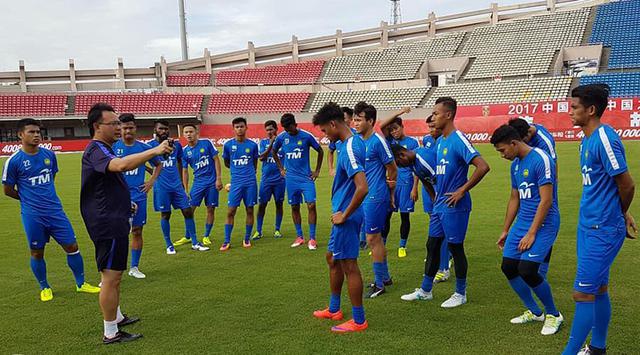
Another thing that mystifies me is why so much time and money is invested/spent sending junior teams abroad so often. The Malaysian under-23 team have recently undertaken a three-match tour of China. In March, they were in Dubai. What was the cost of these two trips? Could this money be better directed in organizing a decent league structure or even a proper National Football Training Centre? We don’t have a permanent football training camp for national teams in Malaysia. It’s pertinent to ask why not?
Hindsight is easy, but it has long seemed to me as though focus on the junior international sphere is putting the cart before the horse. Focus on age group national teams simply doesn’t expose players to enough ‘tough’ competition football, and insisting long weeks are spent in camps rather than learning their trade amongst experienced professionals is counterproductive. The money spent on those foreign jaunts if re-directed to a proper training camp useful 52 weeks a year would have been a better investment.
A NEED FOR IN-DEPTH COMPETITION
The real solution is surely to have true competition in Malaysia club football. Good quality competition. Strong leagues with multiple layers in an organised pyramid incorporating formalised promotion and relegation. Young players may do well against players of their own age, but that doesn’t help them when they come up against an experienced, gnarly veteran who doesn’t fall for fancy feints and isn’t intimidated by raw pace, and who is willing to kick a youngster up in the air when the ref isn’t looking.
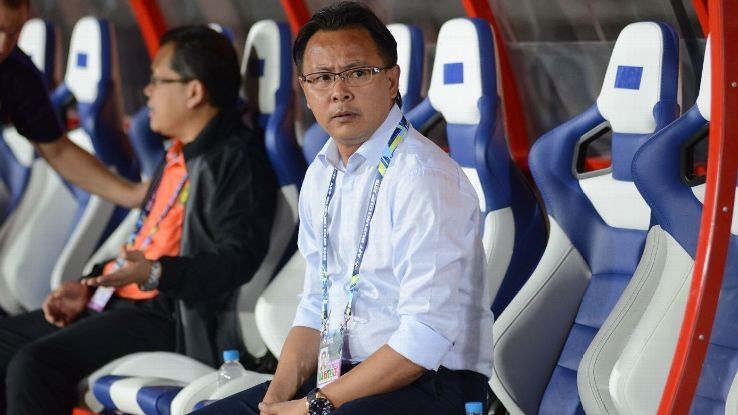
I have long argued that Malaysia’s focus should be on developing a strong, multi-layered league so that the national team – whatever the age range – are the in-form cream of the crop and not a pre-selected group identified at 14 as future internationals. I would also argue that age restriction leagues should end at 18. After 18, you are considered physically mature enough to play in senior (men’s or women’s) football. But there are precious few places to play. There are precious few genuine local clubs to train at and play for.
SEA GAMES GOLD – A distraction
But most importantly, please, please, please, forget about junior tournaments such as the SEA Games being an important target. For as long as the SEA Games football is an age-restricted event, then the tournament is no more than a glorified junior event. Focus on winning a junior event will deflect attention, and resource, from senior events, which need to take priority.
It’s nice to win the SEA Games, but if the REAL target is getting a senior team good enough to play in Asian Cups and, later, World Cups, then SEA Games gold must become a secondary target, whilst strengthening and adding depth to the domestic league structure to ensure that when players are called up to national selection they are battle-hardened and good enough to cope must be the target.
Continue to prioritise youth teams ahead of solid senior club development, and No. 167 on the FIFA Rankings is going to be a serial occurrence.
Other posts by Dez Corkhill


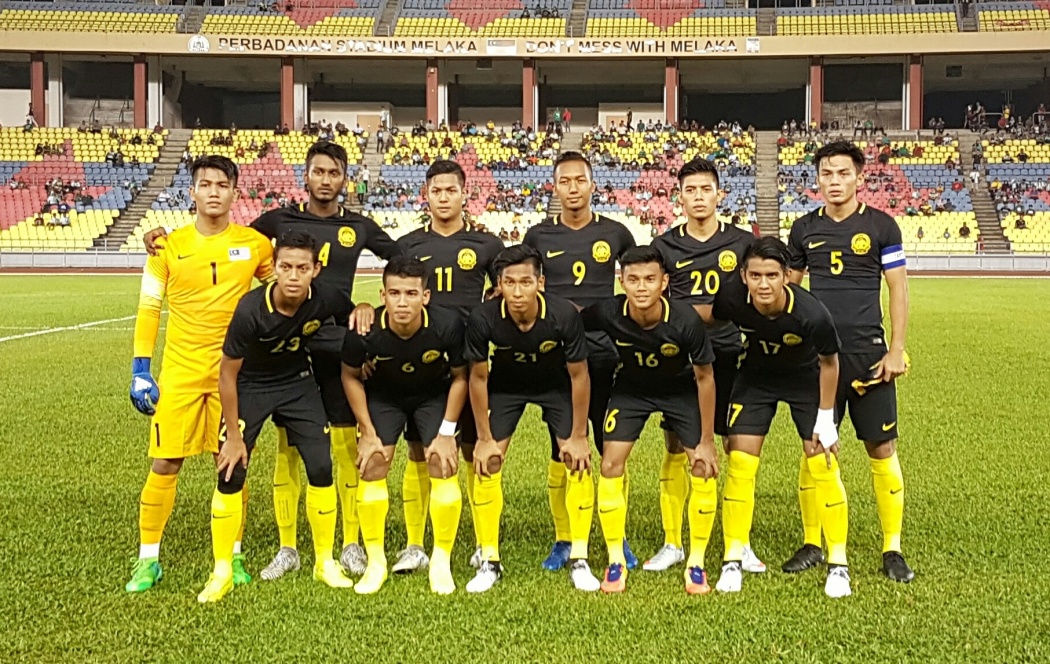
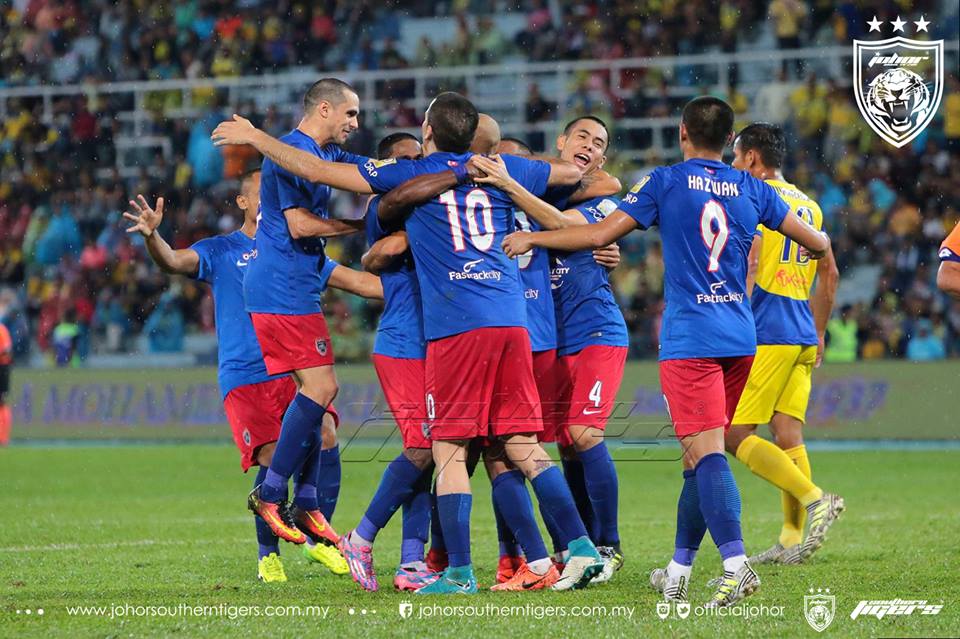
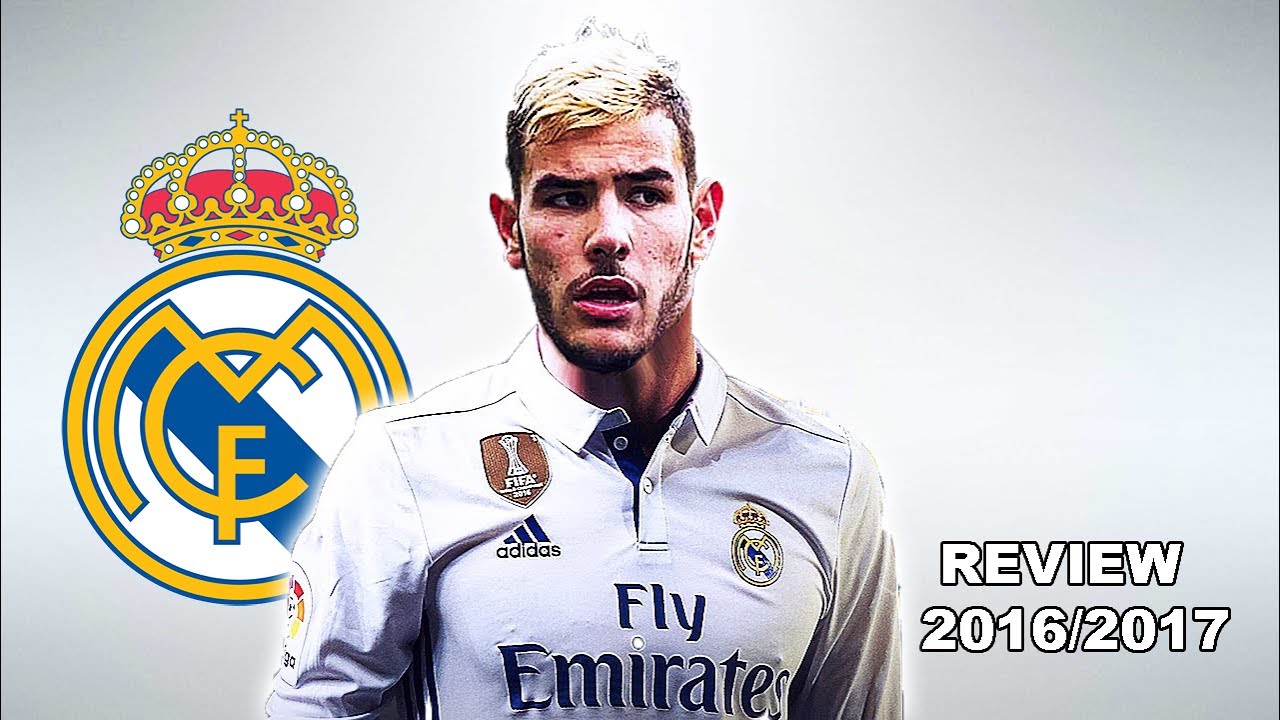
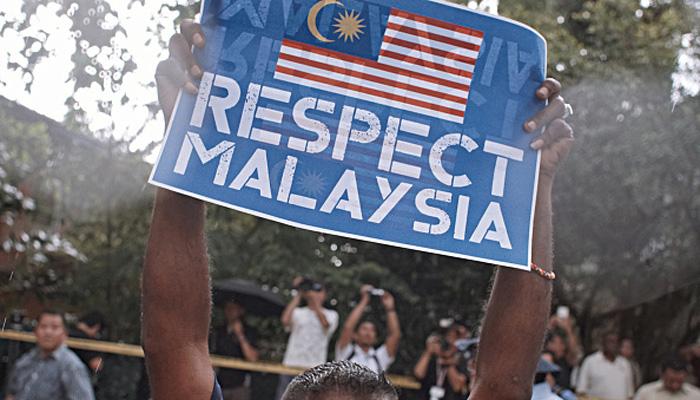
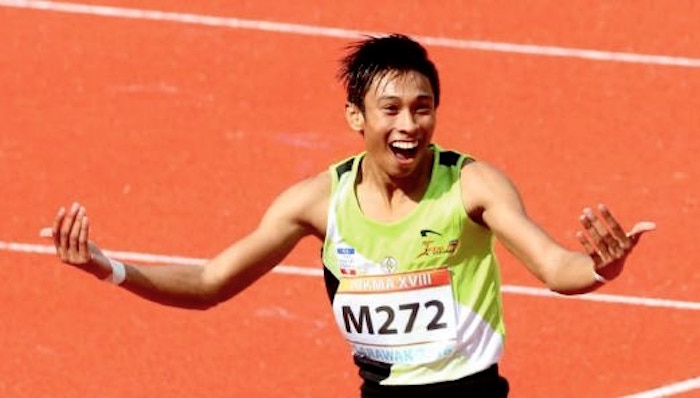
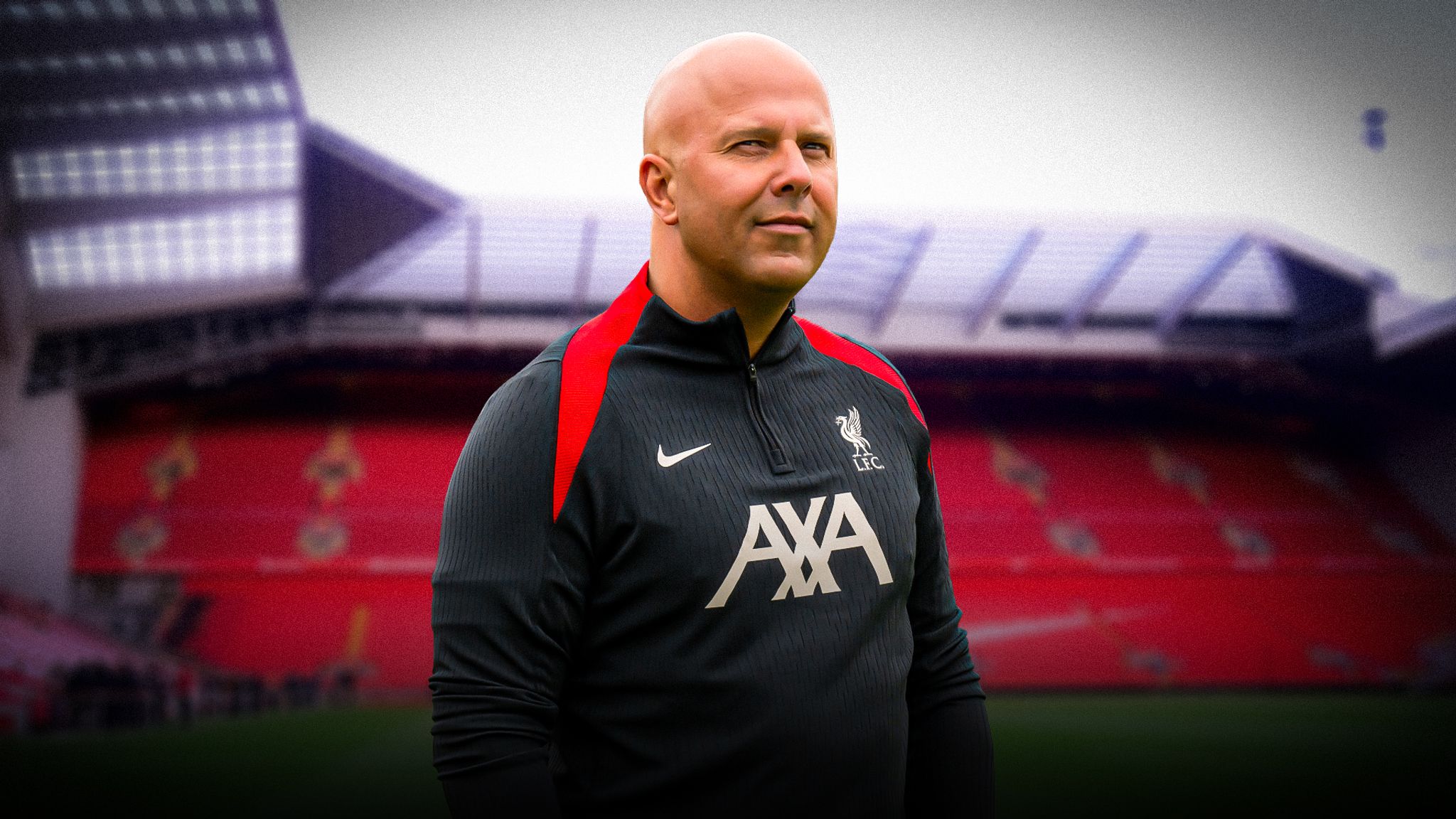
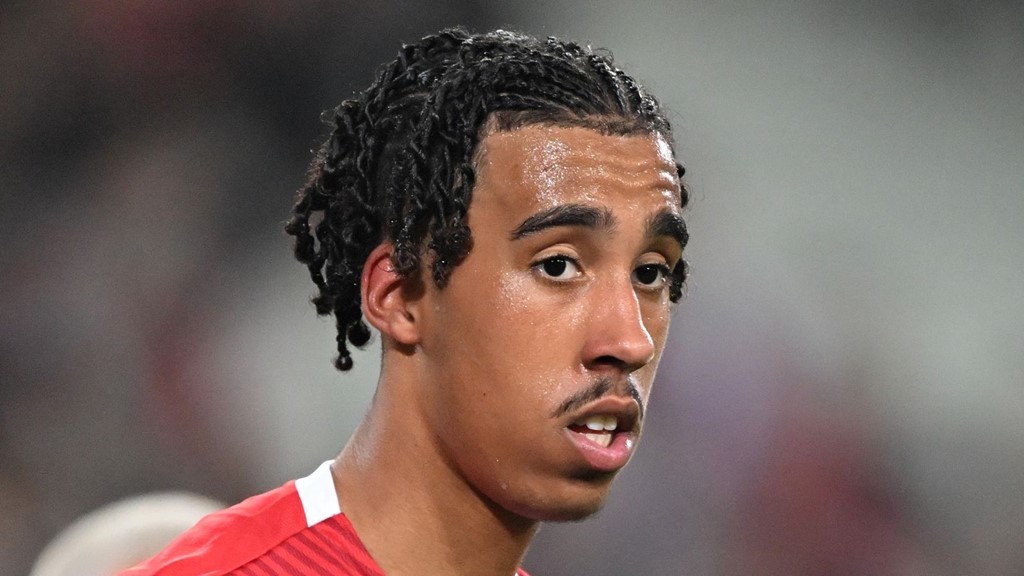
Paris 2024 Olympics: Curry leads Team USA to break French hearts
Paris 2024 Olympics: Russell beats Samba-Mayela to snatch 100m hurdles gold
Paris 2024 Olympics: Paulinho sets new 400m record to claim gold
Paris 2024 Olympics: Ko finishes her medal set by claiming gold
Paris 2024 Olympics: Curry leads Team USA to break French hearts
Paris 2024 Olympics: Russell beats Samba-Mayela to snatch 100m hurdles gold
Paris 2024 Olympics: Swanson leads USA to fifth Olympic gold
Paris 2024 Olympics: Ko finishes her medal set by claiming gold